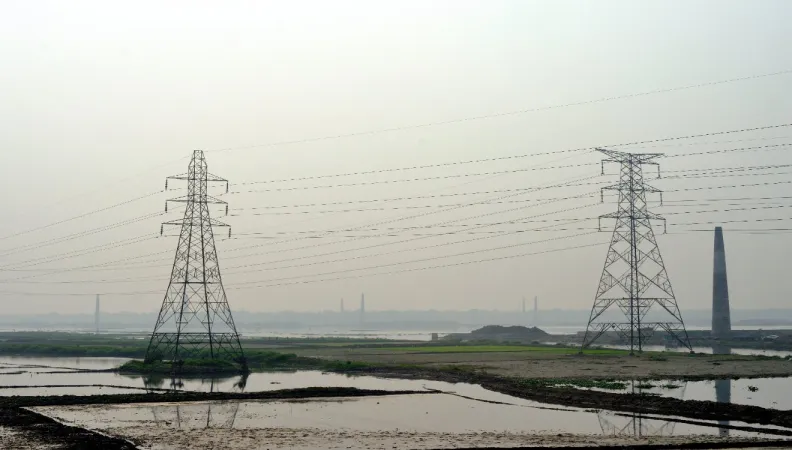Share the page
Supporting Bangladesh’s transition to a low-carbon economy
Project


-
Project start date
-
Status
Ongoing
-
Project duration
-
20 years
-
AFD financing amount
-
€ 101 000 000
-
Country and region
-
Location
-
Bangladesh
-
Type of financing
-
Beneficiaries
-
IDCOL
Through its green finance label, SUNREF, AFD is supporting the Infrastructure Development Company Limited (IDCOL) as it contributes to Bangladesh’s transition to a less carbon-intensive economy.
Contexte
As a country particularly vulnerable to the effects of climate change, Bangladesh’s Intended Nationally Determined Contribution (INDC) aims for carbon-efficient and resilient development. With the goal of becoming a middle-income country by 2021, Bangladesh is looking to improve its energy efficiency in terms of energy production and consumption. Its goal is to ensure energy security for its population by increasing the use of renewable energies and preserving low-carbon economic development.
The country’s masterplan for energy efficiency and control (2015) sets the goal of reducing the country's energy intensity (i.e. the ratio of national energy consumption to GDP) by 15% in 2020 and 20% in 2030, as compared to the levels in 2013. Private investments are expected to play a major role in this ambition.
Descriptif
IDCOL is a public financial institution specializing in the financing of infrastructure and renewable energy projects, and developing its intervention into new green segments.
This project has two components: (1) a credit line of 100 million Euros, granted to the Government of Bangladesh and retroceded by it to IDCOL; (2): a set of technical
assistance (1 MEUR) activities, mainly related to the identification of eligible investments, support and advice to investors, training and capacity building of IDCOL
staff, as well as monitoring of impacts. The specific objectives of this project are:
- to deepen the market and energy efficiency practices in industrial enterprises and, where appropriate, the tertiary sector;
- to develop industrial projects for the production of renewable energies;
- to support IDCOL’s diversification strategy,
Under the credit line component, energy efficiency projects may stand for a maximum of 80% of the credit line, whereas other projects (renewable energies and environmental performance) may stand for a maximum of 40% of the credit line.
Impacts
The project will contribute towards sustainable and inclusive growth of the Bangladeshi economy through:
- Improved access to business financing in the field of energy efficiency, which consequently increasing competitiveness to reduce their consumption and/or energy dependence in a sustainable manner;
- Diversification of the country's energy sources in order to meet demand while reducing the use of imported fossil fuels, thus contributing to improving the country's trade balance and energy mix.
- Reduced fossil fuel consumption and greenhouse gas emissions
- Facilitating the engagement of private investors in climate change mitigation investments


